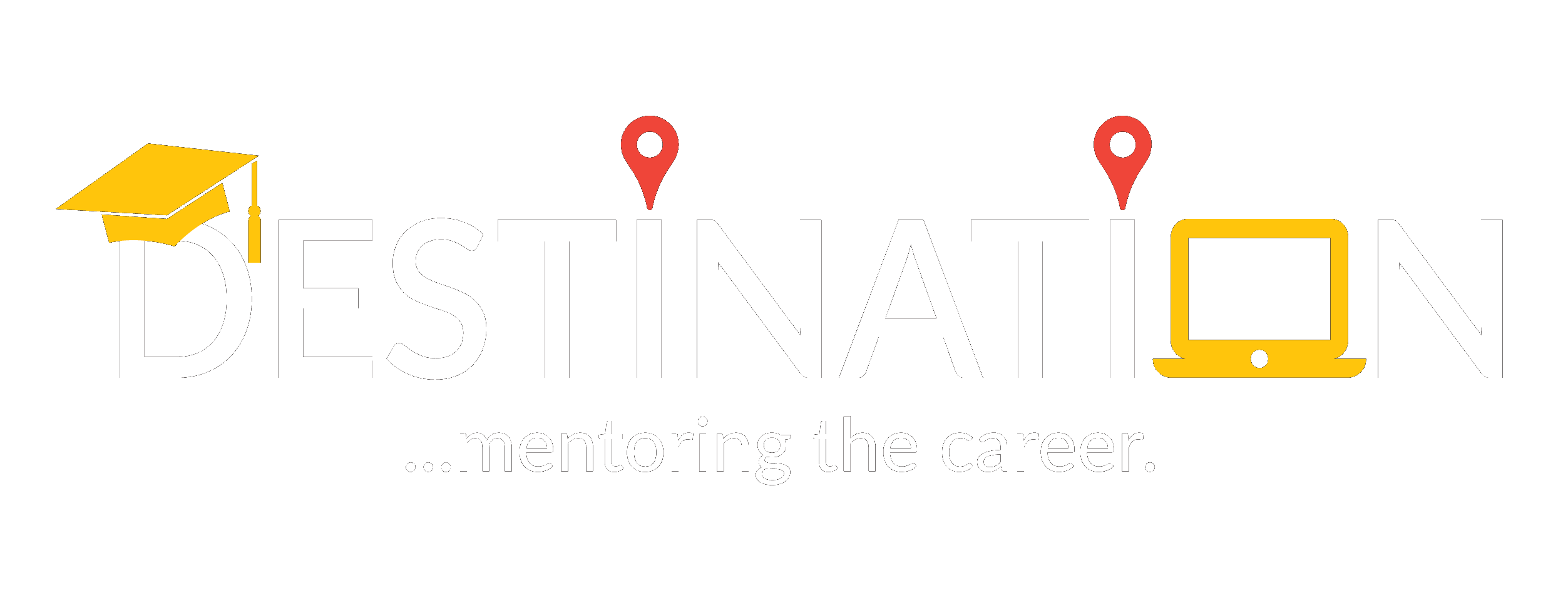Marketing Courses
Empower Your Career in Digital Marketing: Unlock Your Potential
At Destination Technologies, our Digital Marketing program is designed to equip you with the skills and knowledge to excel in the field of digital marketing. With a comprehensive curriculum and hands-on training, we prepare you for a successful career by providing career-focused education and placement support. Join us on this transformative learning journey and unleash your potential in the dynamic world of digital marketing.
Digital Marketing Course + Internship
15+ Modules
Duration
3 Months
Get 6+ Certification
From Google & Destination Technology
Placement Support
From our Recruitment Partner
Each module provides in-depth knowledge and practical skills to equip you with the expertise needed to excel in the field of digital marketing.
Website Designing
Learn the fundamentals of website design using WordPress, one of the most popular content management systems
Search Engine Optimization
Enhance website visibility and drive organic traffic by mastering SEO techniques, keyword research, on-page and off-page optimization.
Pay-Per-Click Ads (PPC)
Create and manage targeted PPC campaigns on platforms like Google Ads and Facebook Ads to drive traffic and conversions.
Social Media Marketing
Harness the power of social media platforms to build brand presence, engage with audiences, and create effective social media strategies.
Email Marketing
Utilize email campaigns to nurture leads, build customer relationships, and drive conversions through effective email marketing strategies.
Content Marketing
Create valuable and engaging content that resonates with your target audience, leveraging storytelling, distribution strategies, and content promotion.
Mobile Marketing
Discover the opportunities and challenges of mobile marketing, including mobile app marketing, mobile advertising, and responsive design.
Marketing Automation
Automate marketing processes and workflows using tools like CRM, email marketing automation, and customer segmentation.
& Much More...
Our Students Placed in
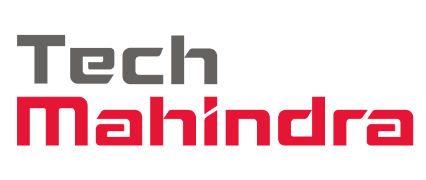

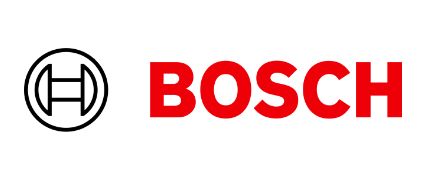
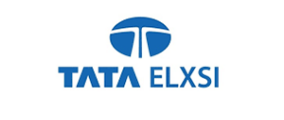
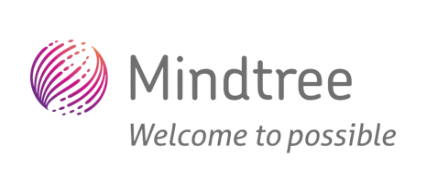
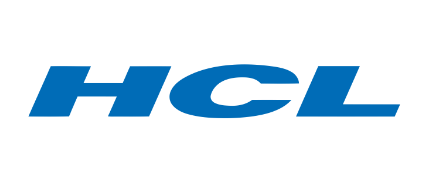
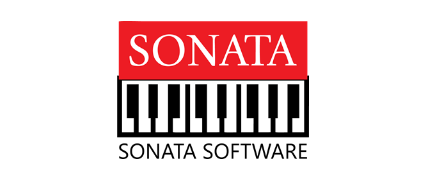
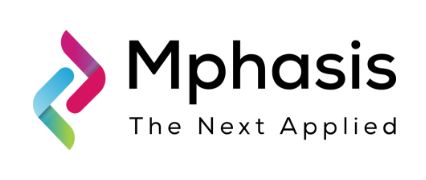
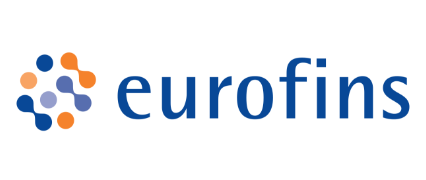
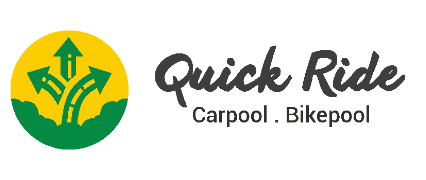
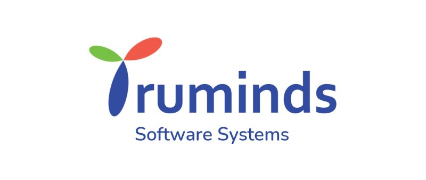
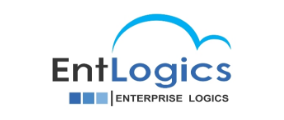

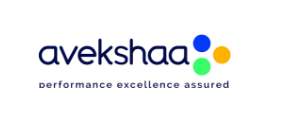
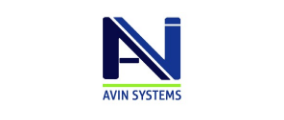
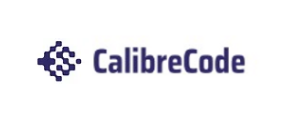
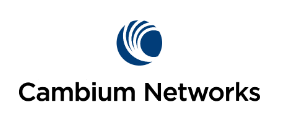
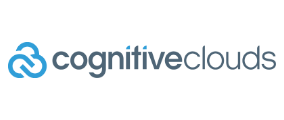
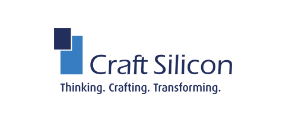
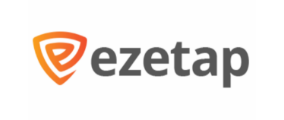
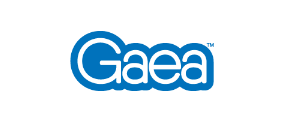
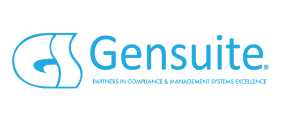
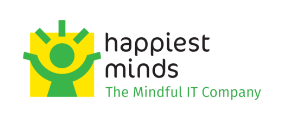
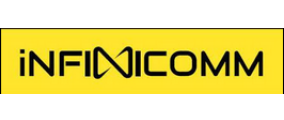
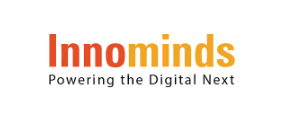




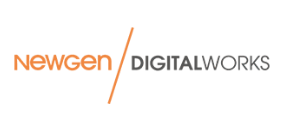

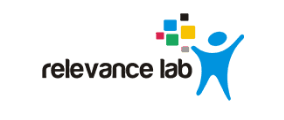

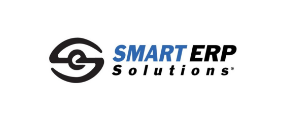


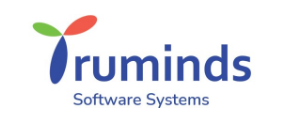
Total No. of Students Till Date
Average Salary Package
Total No. of Drives Conducted
Highest Salary Package
About the Program
Embark on a transformative journey with our comprehensive Digital Marketing course, meticulously designed to empower you with the skills and knowledge needed to excel in the dynamic world of digital marketing. Led by industry experts and seasoned practitioners, our cutting-edge curriculum ensures that you stay ahead of the curve in this ever-evolving field.
Experience immersive and hands-on learning through real-world projects, allowing you to apply theoretical concepts to practical scenarios. Under the guidance of our accomplished mentors, you will develop a deep understanding of digital marketing strategies, tools, and techniques that drive impactful results.
In today's digital landscape, effective marketing is essential for businesses to thrive. Our intensive 3-month course provides you with the practical experience and expert guidance necessary to thrive in the digital marketing domain. From mastering search engine optimization and social media marketing to harnessing the power of data analytics and crafting compelling content, you will gain the expertise required to accelerate your career growth.
Join us at Destination Technologies and unlock a world of opportunities in the ever-expanding realm of digital marketing
Download Digital Marketing Syllabus: Unveil Your Learning Journey
Digital Marketing Tools you will Master :

Syllabus
Discover the fundamentals of digital marketing through this module "Introduction to Digital Marketing."
- Gain insights into the significance of marketing, explore the 4Ps of Marketing (Product, Price, Place, Promotion), delve into segmentation, targeting, and positioning (STP).
- Learn how to evaluate market size, explore diverse strategies of media-based marketing, understand the pivotal role of marketing within an organization, and familiarize yourself with essential terms used in the field of marketing.
Project : List out the Companies that require Marketing Online
Digital Marketing Introduction: The Origin & Evolution of Digital Marketing, the Importance of Digital Marketing, and the Relevance of Tailored Marketing, Channels & Communication for Different Businesses. Digital Marketing Mindmap, the Digital Ads Market in India, and Digital Marketing Models – B2B, B2C, B2B2C, H2H.
Acquiring Digital Marketing Skills and Understanding Roles & Responsibilities, Exploring Job Opportunities in Companies, Agencies, and Freelancing.
Project : Build a Digital Marketing Channels for a Popular Companies
A Complete UI / UX Website Designing using WordPress.
What are Domain, Hosting & Platforms to Design Websites?. How to Write Posts, Create Pages, Basic settings of WordPress, Installation of Themes, Plugins and Configuration. Navigation menus, Introduction to Page Builders (Elementor, Divi & WP Page Bakery), How to professionally design web pages, Introduction to Blogs and How to create them. Advanced UI / UX Designs. Advanced Plugins for Website Designing. Header & Footer using Elementor. How to host wordpress to hosting (shared & dedicated) using cPanel.
Project : Build a Personal Portfolio Website and Host it Online
Introduction to SEO:
Understanding SEO and Its Significance, How Search Engine Bots Discover Websites and Pages, Roles and Responsibilities of SEO Team, Exploring On-Page SEO and Off-Page SEO
Part-1: On-Page SEO & Technical SEO:
Covering Domain Optimization, URL Optimization, Sitemap Creation, Site Structure and Navigation, URL Structure, Breadcrumbs, Domain Authority, Page Authority, Canonical Tags, Meta Tags, Keyword Research, Heading Tags (H1 to H6), Image Optimization with Title and Alt Text, Internal Linking, Mobile Friendliness, Page Load Time & Speed Suggestions, Redirection, SSL Certificate (Secure Sockets Layer), Robots.txt, Sitemap Creation & Submission, Schema Markup, Featured Snippets, Noindex, Nofollow Tags, Canonical URLs/Tags, Broken/Dead Links
Part-2: Off-Page SEO:
Introduction to Off-Page SEO, Understanding Follow Vs. Nofollow Links, Search Engine Submissions, Business Listings, Directory Submissions, Social Bookmarking, Classified Ads, PDF/PPT Submissions, Article Submissions, Press Release Submissions, Image Submissions, Video Submissions, Forum Submissions, Blog Commenting, Guest Posting, Google Local Business Listing, Off-Page Competitor Analysis for Traffic Sources, Backlinks & Blogs, Updates from Google, Web 2.0
Project : Create 5 Blogs and Optimize the ON-Page, Technical and OFF-Page in a niche based website
Why Choose Paid Media Marketing?
Explore the Benefits of Paid Media Marketing and Learn how to Optimize Your Budget for both Organic and Paid Media Strategies. Familiarize Yourself with Various Platforms and Techniques for Ad Optimization.
Terminology:
Understand Key Marketing Terms like Awareness, Engagement, Acquisition, Advocacy, and Retention. Discover Examples of Effective Marketing Campaigns and Learn about KPIs and Measurement for Performance & Branding Campaigns. Utilize Essential Tools like Social Media Ads, Google Ads, UTM Builder, and MS Excel.
Google Ads:
Get an Overview of Search Engine Marketing and Introduce Yourself to Google Ads, including the Auction Model, Bids, Keywords, and Search Ads. Explore Account Structure with Campaigns, Ad Groups, Keywords, and Themes. Delve into Important Metrics such as Click Through Rate (CTR), Cost per Click (CPC), Conversion, Conversion Rate, Cost per Acquisition (CPA), Cost per Lead (CPL), Real-Time Bidding, Clicks, and Impressions. Discover Google Ads Best Practices and learn to Work Efficiently with Keywords while Optimizing Your Keyword Strategy for Ads.
Types of Google Ads Campaigns:
Learn about Different Google Ads Campaign Types, including Search (SERP), Display (Banner Ads), Video (YouTube Ads), App (Playstore Ads), and Shopping (SERP). Engage in a Campaign Design Exercise for Search Ads, Writing Compelling Ads in Google Ads, Creating and Managing Ad Campaigns, and Analyzing Ads Reporting and Account Performance. Integrate Google Analytics with Google Ads and Leverage the Ads Report in Google Analytics. Optimize Your Campaigns through Metrics Evaluation and Implement Techniques like Responsive Search Ads, Dynamic Keyword Insertion, Smart PLAs, Parametric Ads, and Conversion Tracking in Google Ads. Integrate Google Ads with Your CRM for Seamless Performance Analysis.
Shopping Ads:
Learn about Product Listing Ads, Feed Setup & Management, Bidding, and Campaign Optimization. Explore App Install Ads - UAC (Universal App Campaigns), Campaign Design, Optimization, and Event Tracking & Measurement.
Banner/Display Ads:
Discover the Power of Banner/Display Ads and Targeting Techniques such as In-Market Segment, Responsive Display Ads, Affinity Audience, and Placement. Learn how to Create Engaging Banner Ads and Optimize Google Display Network Results. Evaluate whether GDN (Google Display Network) is the Right Choice for Your Ads and Explore Native Ads.
YouTube Ads:
Explore Various Types of Video Ads and Learn How to Advertise on YouTube effectively. Launch an Ad Campaign on YouTube using YouTube Studio and Acquire Tips for Optimizing Your Video Ads. Discover Useful Tools like YouTube, YouTube Studio, and VidIQ to enhance your YouTube marketing efforts.
Audio Ads:
Understand the Purpose of Audio Ads and Familiarize Yourself with Podcast Advertising Terminology. Explore Different Types of Podcast Ads and Platforms like Spotify Ads and YouTube Audio-Only Ads.
Live Project:
Engage in a Live Project where you will Create an Ad on Google Search and Measure the Relevant Metrics to assess the campaign's performance.
Local SEO (Google My Business & Citations):
Learn the Essentials of Local SEO, including Setting Up and Optimizing Google My Business (GMB) Listings. Standardize NAP (Name, Address, Phone Number) across all online platforms for Consistency. Utilize Events and Updates to Engage with Local Customers and Boost Local Visibility. Explore Citations and how they Impact Local Rankings. Optimize Your Local SEO Strategy to Rank Higher on Local Keywords and Attract Relevant Local Traffic.
Google Analytics
Google Analytics Walkthrough, How to Set Up Google Analytics, Google Analytics Dimensions and Metrics, Hierarchy in Google Analytics, Account Setup, Property Setup, View Setup, Integration with Website, Admin Panel Navigation, Custom Reports, Share/Download Reports, Acquisition Reports, Behavior Reports, Conversion Reports, Audience Report, Performance Metrics using Google Analytics – Sessions, Visits, Users, Average time on page, Bounce Rate, Exit Rate, Understanding Data patterns, Outliers, Trends, Graphing & Visualization, Setting up calculated fields, Pivots, and filters
Google Tag Manager
Google Tag Manager – Setup, Events, Triggers, Data Layers, Analytics Reporting – Linking to other platforms such as AdWords, Search Console, Setting up Dashboards, Templates, Behavior Flow checks, Terminology – Pixel tracking, Attribution, Sampling, Enhanced Ecommerce, Google Data studio Setup – reporting, automatic email setup, Alerts, Outlier/anomaly detection
Google Analytics:
Google Analytics provides a comprehensive walkthrough to help you understand and navigate its features. Learn how to set up Google Analytics for your website, including dimensions and metrics. Familiarize yourself with the hierarchy in Google Analytics, involving account setup, property setup, and view setup. Integrate Google Analytics with your website seamlessly and navigate through the admin panel effortlessly. Create custom reports, share and download them for insightful analysis. Explore essential reports like Acquisition, Behavior, Conversion, and Audience Reports to gain valuable insights. Analyze performance metrics like Sessions, Visits, Users, Average Time on Page, Bounce Rate, and Exit Rate. Gain an understanding of data patterns, detect outliers, and spot trends using graphs and visualizations. Set up calculated fields, pivots, and filters for precise data interpretation.
Google Tag Manager:
Learn how to set up Google Tag Manager to efficiently manage tags, events, triggers, and data layers. Integrate Google Analytics reporting with other platforms like AdWords and Search Console for a holistic view of your data. Set up dashboards, create templates, and perform behavior flow checks to optimize your performance tracking. Get familiar with important terminology such as pixel tracking, attribution, sampling, and enhanced ecommerce for better understanding. Discover Google Data Studio Setup for streamlined reporting, automatic email setup, and utilize alerts for anomaly detection.
Key Concepts & Social Media Marketing:
Understand the Importance of Brand Guidelines and Aligning Social Media Strategy with the Brand's Goals. Craft Effective Social Media Strategies that Target the Right Audience, Deliver the Message, and Follow Best Practices. Learn to Identify and Optimize Fake Followers and Explore the Power of Influencer Partnerships.
Social Media Marketing & Optimization:
Discover Strategies for Effective Social Media Marketing and Optimization on Major Platforms like Facebook, Instagram, Twitter, LinkedIn, and Pinterest. Build a Strong Social Presence for Your Brand and Implement Social Media Optimization (SMO) Techniques. Explore Various Types of Content for Social Media, including Informational, Educational, Explainer, Entertainer, Contests, Topical Series, and Brand Education. Utilize Content Repurposing, Follow Seasonality Trends, and Engage in Collaborations and Employer Branding Activities.
Terminologies:
Familiarize Yourself with Key Social Media Terminologies such as Likes, Shares, Retweets, Comments, Reach, Organic Share, Followers, Influencers, Captions, Hashtags, Alt-Text, Filters, Tags, and Image Tags.
Social Media Posts Distribution Plan & Execution:
Create a Social Media Activity Calendar to Plan, Create, Distribute, and Engage with Content Effectively. Optimize Social Media Posts to Master Different Post Types like Newsfeed, Story, Video, and Thumb Stoppers. Harness the Power of Hashtags for Better Reach and Engagement.
Social Media Key Metrics & Analytics:
Learn Key Metrics and Analytics for Social Media Platforms like LinkedIn, Facebook, Instagram, Twitter, and Pinterest. Measure the Performance of Your Social Media Efforts and Gain Valuable Insights for Improvement.
Engage in a Hands-On Project where You Will Create and Distribute Social Media Posts to Apply the Concepts Learned and Showcase Your Social Media Marketing Skills.
YouTube Marketing:
YouTube Marketing refers to the use of YouTube as a platform to promote products, services, or content to a targeted audience. It is different from other marketing channels because it primarily relies on video content to engage and communicate with users, offering a visual and interactive approach to marketing.
Creating a YouTube Channel:
Begin your YouTube Marketing journey by creating a YouTube channel. This process involves setting up an account, choosing a channel name, and customizing the channel layout to align with your brand.
YouTube Channel Optimization:
Optimize your YouTube channel to maximize visibility and appeal to viewers. This includes creating a visually appealing channel banner, writing an engaging channel description, and organizing your video playlists effectively.
Adding & Managing Multiple Channels:
Learn how to add and manage multiple channels, allowing you to target different audience segments or offer content in various niches.
Manage Channel Permissions:
Control who can access and contribute to your channel by managing channel permissions, ensuring the security and integrity of your content.
YouTube Brand Guideline:
Follow YouTube's brand guidelines to maintain consistency in your branding elements, such as logos, colors, and fonts.
YouTube Video SEO:
Optimize your YouTube videos for better search engine visibility using various techniques, including optimizing titles, descriptions, timestamps, tags, categories, playlists, thumbnails, and adding SRT files for subtitles.
Types of YouTube Videos:
Explore different types of YouTube videos that can help you achieve your marketing goals, such as testimonials, product/service demonstrations, explainer/tutorials, expert interviews, project reviews, case studies, YouTube live videos, video blogs, and event videos.
YouTube Video Script Writing to Video Making and Publishing:
Learn how to create compelling video scripts and effectively produce and publish your videos on YouTube.
Market Your YouTube Channel Organically:
Discover organic marketing strategies to promote your YouTube channel and grow your audience without relying solely on paid promotions.
Cross-Promote with Other Channels:
Collaborate with other YouTube channels to cross-promote your content and reach new audiences.
YouTube Analytics:
Utilize YouTube Analytics to gain insights into your video performance, audience demographics, and engagement metrics, helping you make data-driven decisions for your marketing efforts.
Tools:
Explore various tools such as Keepvid, Loom, VidTao, and others to enhance your YouTube marketing capabilities and streamline your video creation process.
Email Marketing:
Learn how Email Marketing works and identify the appropriate times to use it for effective communication. Discover the Benefits of Email Marketing, such as increased engagement, customer retention, and lead generation. Explore different Types of Email Marketing Campaigns, including promotional, transactional, and drip campaigns. Understand Email Etiquettes to ensure successful email communication. Utilize Bulk Email Marketing Tools to streamline and automate your email campaigns. Create an Email Marketing Content Strategy to deliver relevant and engaging content to your subscribers. Build and manage your Email Marketing List to maintain a healthy and engaged audience. Learn how to create and execute Email Campaigns, including email personalization and scheduling. Analyze and evaluate Email Campaign Reports to optimize your future email marketing efforts.
Project: Create an Email Template and Send Your First Email with Mailchimp:
Engage in a hands-on project to design an eye-catching Email Template using Mailchimp and send your first email campaign to experience the practical aspect of Email Marketing.
Chatbot:
Learn how to start with Chatbot and implement Zopim Chatbot for effective customer interactions. Discover how Chatbots can be utilized for lead generation and track their performance using Google Analytics. Build conversational flows through Webchat and set up Triggers to engage users proactively. Analyze Webchat interactions to gain valuable insights for continuous improvement.
Affiliate Marketing: Affiliate Marketing is a performance-based strategy where affiliates promote products of other companies, earning a commission for each sale or action. Get started by choosing a niche, researching programs, signing up as an affiliate, promoting products, and earning commissions.
Commission Structures & Types: Commission structures vary, with fixed or percentage-based earnings per sale or lead. There are Pay Per Sale (PPS), Pay Per Lead (PPL), and Pay Per Click (PPC) programs. Utilize affiliate networks to access multiple programs conveniently.
Affiliate Marketing Strategies: Avoid common mistakes like promoting irrelevant products or unethical tactics. Focus on building trust with your audience and providing value. Use tracking algorithms like cookies to attribute sales correctly.
Getting Started: Begin with a platform for promotion, quality content, niche understanding, and effective marketing. Join reputable programs and networks for essential resources and support.
Influencer Marketing:
Influencer Marketing is a strategy that leverages the influence and popularity of social media influencers to promote products or services to their followers. It involves collaborating with influencers to reach a targeted audience authentically.
Developing an Influencer Marketing Strategy:
To develop an effective Influencer Marketing strategy, define your campaign goals, target audience, budget, and metrics for success. Identify suitable social media platforms and types of influencers that align with your brand values and objectives.
Finding the Right Influencer for Your Business:
Conduct thorough research to find influencers who resonate with your niche and have a genuine and engaged following. Consider factors such as relevance, reach, engagement rate, and past brand collaborations.
Creating Impressive Content for Influencers to Publish:
Collaborate with influencers to create compelling and authentic content that aligns with their unique style and audience preferences. Empower influencers to showcase your brand organically while maintaining their authenticity.
The Customer Feedback Loop:
The Customer Feedback Loop involves gathering and analyzing customer feedback to improve products, services, and overall customer experience.
Nature of Comments:
Customer feedback can be categorized into different types, such as transactional (related to specific interactions), complaints, compliments, feature requests, claims, referrals, and engagement-related feedback.
Categorizing Customer Feedback:
Organize customer feedback into relevant categories to better understand patterns and prioritize areas for improvement.
Acting On Customer Feedback:
Take prompt and constructive actions based on customer feedback to address issues, enhance customer satisfaction, and build loyalty.
Responding to Crisis & Damaging Situations - Best Practices:
In times of crisis or negative feedback, respond promptly, transparently, and empathetically. Provide solutions and open channels for further communication to regain trust and loyalty.
Moment Marketing meets ORM - Turning Problems to Opportunities:
Leverage moment marketing and Online Reputation Management (ORM) strategies to transform negative feedback into opportunities for showcasing exceptional customer service and resolving issues effectively.
Online & Offline Media:
Understand the dynamics of both online and offline media channels to create a comprehensive marketing strategy.
Market Research & Understanding Consumer Behavior:
Conduct thorough market research to gain insights into your target audience's preferences, behaviors, and buying habits.
Media Mix & Media Planning:
Develop a balanced media mix to reach your audience through various channels. Plan media campaigns strategically to maximize impact and ROI.
Measurement of Media Audience:
Utilize audience measurement tools to track and analyze the effectiveness of your media campaigns and audience reach.
Introduction to Mobile Marketing:
Mobile Marketing refers to promotional activities targeted at mobile device users. With the growing use of smartphones and tablets, mobile marketing has become a vital component of digital marketing
Mobile App for Push Notifications & In-App Notifications:
Mobile apps enable businesses to send push notifications, which serve as direct communication with users. In-app notifications engage app users while they are actively using the app.
App Building & Monetization:
Developing a mobile app involves planning, designing, and coding. Monetization strategies such as in-app purchases, ads, and subscriptions help generate revenue from the app.
Listing App on App Stores:
Publishing the app on app stores like Google Play Store and Apple App Store makes it accessible to a broader audience and enhances discoverability.
strategies.
Walkthrough of MarTech:
MarTech, short for Marketing Technology, encompasses various tools and software that help marketers automate, manage, and analyze marketing activities. It includes solutions for social media marketing, email marketing, content management, analytics, and more, enhancing overall marketing efficiency and effectiveness.
Role of AI in the Future of Digital Marketing:
Artificial Intelligence (AI) is reshaping digital marketing, enabling advanced data analysis, personalized content recommendations, chatbots for customer support, and predictive analytics for targeted campaigns.
Scope of AI & ML in Digital Marketing:
The scope of AI and Machine Learning (ML) in digital marketing is vast. AI-driven chatbots, sentiment analysis, customer segmentation, and predictive modeling offer marketers innovative ways to understand and engage with their audiences.
Digital Audit of 5+ Brands in a Chosen Industry. Creation of Report and Digital Marketing Optimization Strategy.
Project Description:
In this optional project, the focus is on conducting a comprehensive digital audit of 5 or more brands within a selected industry. The aim is to evaluate their current digital marketing efforts and identify areas for improvement. The project duration is 20 days.
Step 1: Industry Selection
Choose one industry from the following 9 options:
- E-commerce & Retail
- Health & Wellness
- Technology & Gadgets
- Food & Beverage
- Travel & Hospitality
- Fashion & Apparel
- Financial Services
- Entertainment & Media
- Education & E-learning
Step 2: Digital Audit
Thoroughly analyze the digital presence of the selected brands within the chosen industry. The audit should encompass various aspects, including but not limited to:
- Website Analysis: Evaluate website design, user experience, and mobile-friendliness.
- Social Media Evaluation: Assess social media channels, content strategy, engagement, and follower demographics.
- Search Engine Visibility: Analyze SEO performance and keyword rankings.
- Content Marketing: Review content quality, relevancy, and distribution channels.
- Email Marketing: Evaluate email campaigns, list segmentation, and open/click-through rates.
- Paid Advertising: Assess PPC campaigns, ad creatives, and targeting strategies.
- Analytics & Metrics: Measure key performance indicators (KPIs) and data analysis.
Step 3: Report Creation
Compile all findings from the digital audit into a detailed report for each brand. The report should highlight strengths, weaknesses, opportunities, and threats in their digital marketing efforts. Provide data-backed insights and actionable recommendations.
Step 4: Digital Marketing Optimization Strategy
Based on the audit report, develop a comprehensive digital marketing optimization strategy for each brand. Tailor the strategy to address their unique goals and challenges. Include a timeline for implementation and expected outcomes.
Step 5: Presentation
Present the audit findings, optimization strategy, and recommendations to stakeholders for each brand. Engage in discussions and address any queries to ensure clarity and alignment.
Unlock the Benefits of Learning with Destination Technologies
- Strong Hand-Holding: Experience dedicated support and guidance throughout your learning journey. Our team is committed to providing you with the assistance you need to succeed in the program.
- Learning Support: Access comprehensive learning resources, including recorded lectures, live sessions, quizzes, assignments, and interactive learning materials. Stay engaged and make the most of your learning experience.
- Career Assistance: Benefit from our career assistance services, which include resume building, interview preparation, and job placement support. We strive to equip you with the skills and resources needed to excel in your career as a Full Stack Web Developer.
- Job Opportunities: Destination Technologies opens doors to a wide range of job opportunities in the field of Full Stack Web Development. Our program equips you with the skills and knowledge sought after by employers, empowering you to secure rewarding positions in the industry.
- Networking:Connect with a diverse community of learners, instructors, industry professionals, and alumni. Take advantage of networking opportunities, collaborate on projects, and build valuable connections that can accelerate your career growth in the field of Full Stack Web Development.
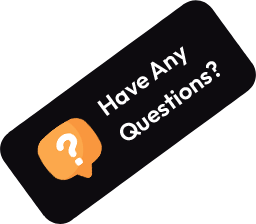
Faqs
Frequently Asked Questions
The digital marketing training at Destination Techs is conducted online, allowing students to learn from the comfort of their homes or any convenient location with an internet connection. This flexible mode of learning ensures that you can access the course material and interact with instructors without any geographical constraints.
The course duration is 2 months, followed by a 1-month internship. In this comprehensive 2-month training, you will cover all essential aspects of digital marketing, and the 1-month internship will provide you with practical experience to apply your skills in real-world scenarios.
Our digital marketing course covers 15 major modules, including but not limited to Search Engine Optimization (SEO), Social Media Marketing (SMM), Pay-Per-Click (PPC) Advertising, Email Marketing, Content Marketing, Web Analytics, and more. The comprehensive curriculum is designed to equip you with the knowledge and skills needed to excel in the digital marketing landscape.
The course fee for the digital marketing training is 20,000 INR. This fee covers the entire 2-month course, including access to all learning materials, live online sessions with expert instructors, practical assignments, and guidance throughout the 1-month internship. Additionally, the fee covers the cost of resume building, LinkedIn profile optimization, and interview preparation support to enhance your job prospects.
Yes, at Destination Techs, we offer placement support to our students. Our team will assist you in preparing for job interviews, refining your job search strategy, and connecting you with relevant job opportunities in the digital marketing field. We strive to support you in finding suitable employment to kickstart your career in the dynamic world of digital marketing.
- To enroll in the digital marketing course, you can contact us at support@destinationtechs.com. Our support team will guide you through the enrollment process, provide further details about the course, and address any queries you may have.
We look forward to helping you embark on a rewarding journey in the field of digital marketing at Destination Techs!



